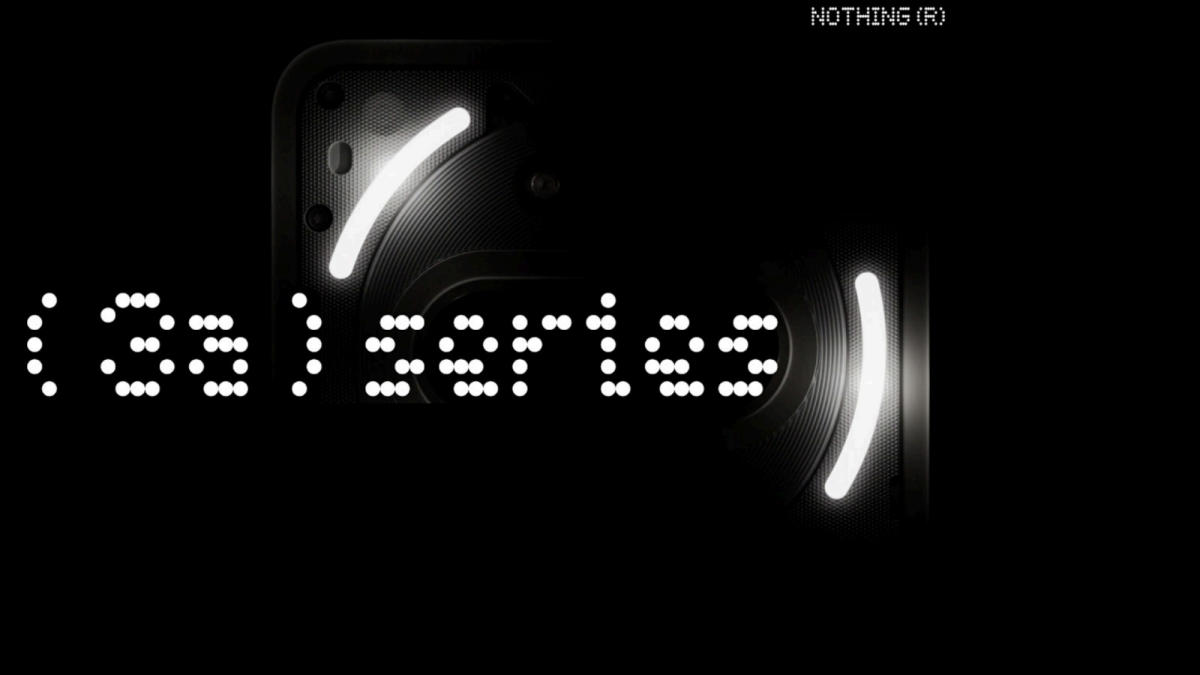NASA’s Alterations to Astronomer Vera Rubin’s Biography Raises Concerns About Diversity and Inclusion
It has been less than a month since President Donald Trump declared war on diversity and inclusion at federal agencies. A notable example of this is NASA, which was ordered earlier this month to scrub its sites of any information targeting women (women in leadership, etc.). This has led to a significant alteration in the online biography of astronomer Vera Rubin, which is now named after the Vera Rubin Observatory, a federally funded telescope on a mountaintop in Chile.
The Alteration of Vera Rubin’s Biography
The Rubin Observatory recently changed the online biography of Vera Rubin to remove information about increasing the number of women in scientific careers. This alteration was first reported by ProPublica, which highlighted the revisions made to the biography. The changes reveal the administration’s strict policies on recognizing discrimination or the need for diversity, making it clear what is and isn’t allowed.
Vera Rubin’s Contributions to Science
Vera Rubin’s work played a significant role in proving the existence of dark matter in the cosmos, shifting the way scientists study the universe in the 1970s. She published over 100 scientific papers and conducted groundbreaking research on spiral galaxies and galaxy rotation. Rubin also advocated for women in science, overcoming several obstacles throughout her career due to astronomy being a male-dominated field.
The National Science Foundation’s Vera C. Rubin Observatory
The national observatory is the first to be named after a woman and was signed off on by Trump during his first term. However, shortly after Trump was inaugurated a second time, Rubin’s biography was altered to offer a watered-down version of her struggles as a woman in the field. The original section, titled "She advocated for women in science," was initially removed but then reappeared with significant changes.
The Impact of the Alteration
The alteration of Rubin’s biography raises concerns about the administration’s push to end diversity and inclusion efforts. The Rubin Observatory’s website, previously stated that "Science is still a male-dominated field, but Rubin Observatory is working to increase participation from women and other people who have historically been excluded from science." However, this paragraph was removed in late January, along with a slight tweak to the text.
The Revisions
The revisions reveal the administration’s strict policies on recognizing discrimination or the need for diversity. NASA is following similar orders, sending out a memo in late January ordering employees to remove certain terms from its public websites, including underrepresented groups, women in leadership, environmental justice, and accessibility.
The Astronomy Community’s Response
Several groups from the astronomy community are currently working to maintain an archive of the content that’s been removed from federal websites, in addition to content that’s at risk of being removed. Astronomer John Barentine stated, "The idea that they can somehow obliterate these sources is dead wrong—scientists in general and astronomers in particular are not going to take these threats lying down." He also expressed concern about the long road ahead and the difficulties that lie in wait.
Vera Rubin’s Legacy
Once established, Rubin used her position to open doors for women in science and become a mentor for the next generation. In her 1996 Berkeley graduating class speech, Rubin urged students to fight injustice and discrimination, value diversity, and do better than their generation.
The Need for Diversity and Inclusion
The alteration of Vera Rubin’s biography highlights the need for diversity and inclusion in the scientific community. The astronomy community is working to maintain an archive of the content that’s been removed, and scientists are expressing their concerns about the administration’s strict policies. It is essential to recognize the importance of diversity and inclusion in science and to continue working towards a more equitable and inclusive environment.
Source Link





